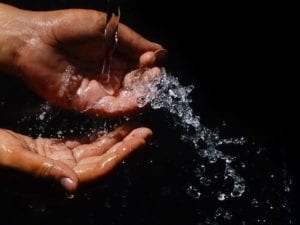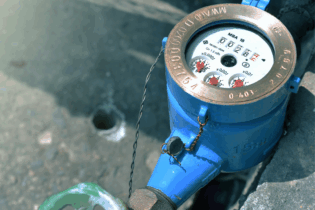With almost two months to go before the first possible summer rains, South Africa has a fairly sufficient amount of water in storage to sustain it through the wet season.
The change in water consumption has contributed immensely to the improved water situation. The latest dam levels weekly report by the Department of Water and Sanitation indicates that there is 22 390,5 cubic metres of water that is stored in reservoirs across the country. Should the figure remain stable until then, it would appear that South Africa is headed for a bumper rainy season with enough water to see us through the year 2020. Western Cape – which had been plagued by the worst drought in a century – is drenched with water from heavy winter rains that have fallen in the province in the past three months. The department’s report estimates that since May the province stored an estimated 1 206,9 cubic metres in its reservoirs and the figure is likely to increase before the end of the rainy season.The average dam level in the province was captured at 71,4%. Water levels in the province have increased by 17% compared to the same period last year. Eastern Cape and Limpopo are a source of concern as they have the lowest dam levels at 56,4% and 56,9% respectively.
Eastern Cape is recovering from a water crisis after the workers of Amathole District Council went on a strike during which water infrastructure was vandalized. With Mpumalanga continuing its week-on-week slide of dam levels, the department has renewed its call on consumers in the province to intensify their water saving habits until the next summer rains. In addition, the department has set aside millions of rands to mitigate water scarcity in regions that are experiencing dry conditions. The call comes against the backdrop of a dwindling water situation in the province where in some cases dam levels have plummeted alarmingly. The only thing that can be done to save the situation is a drastic behavioural change in water consumption.






